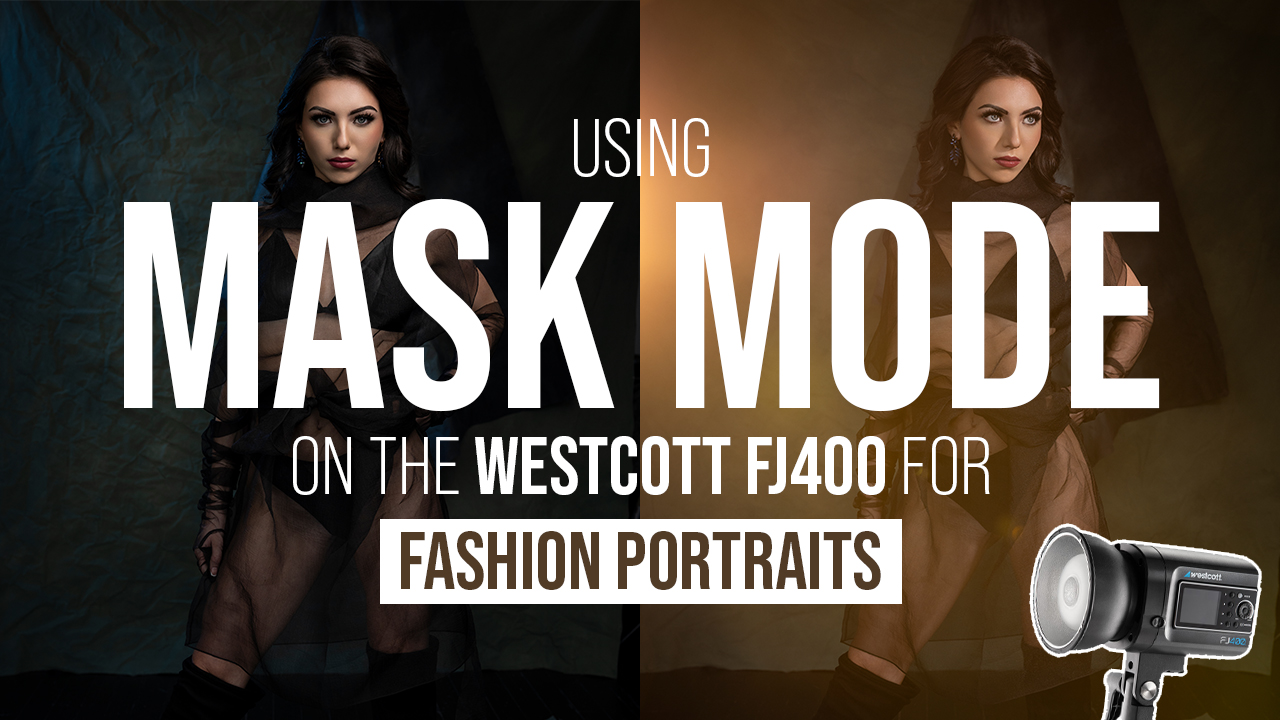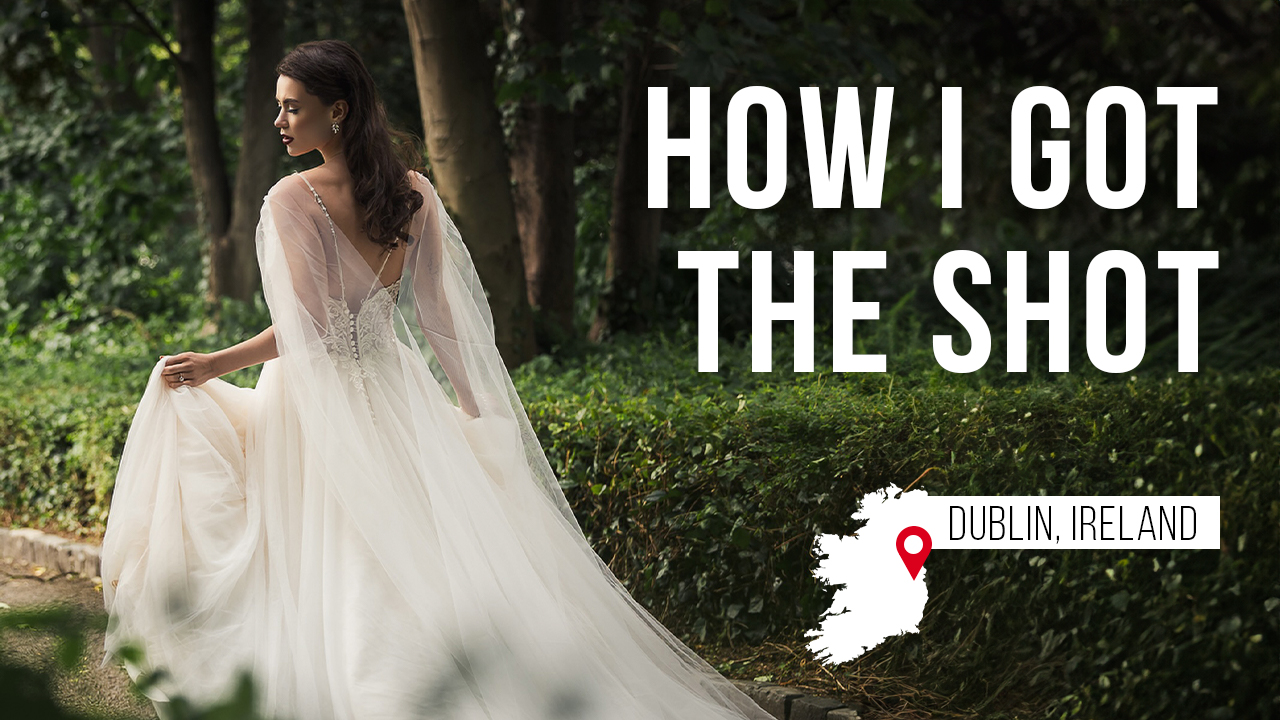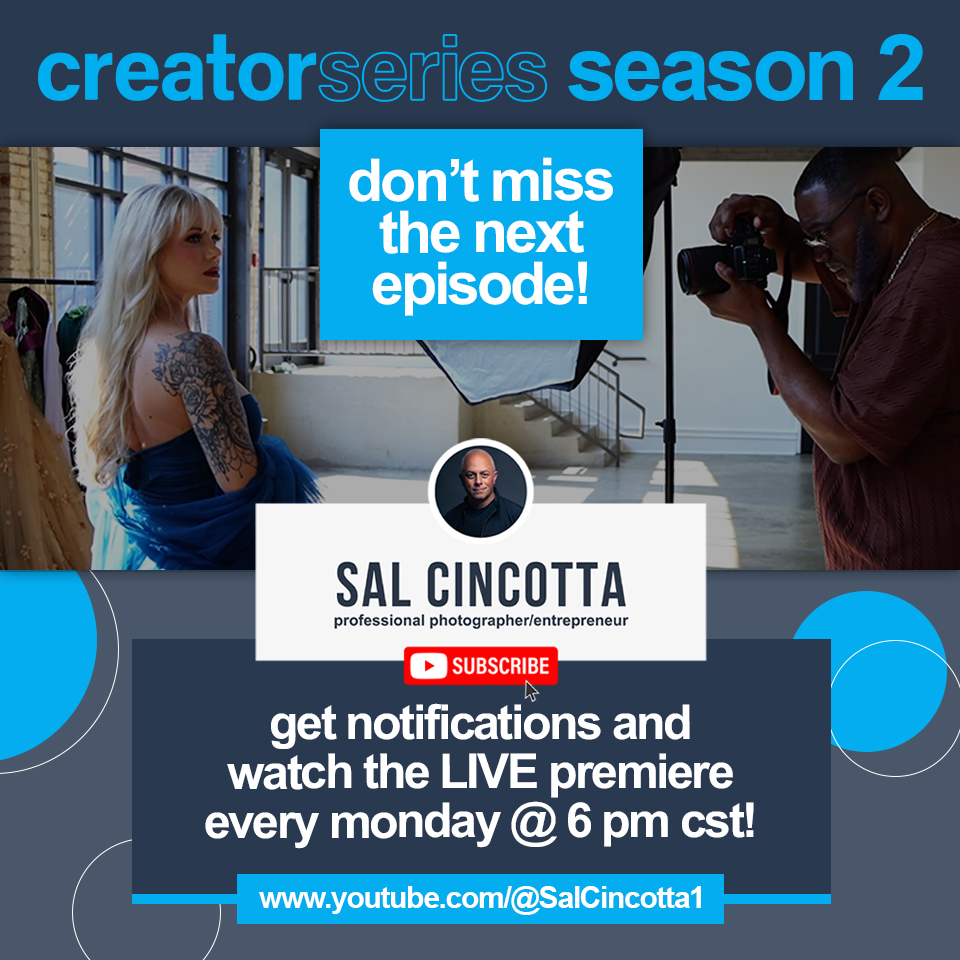The Pros and Cons of Becoming a Wedding Photographer with Phillip Blume
So you think you want to become a wedding photographer? Be careful what you wish for.
Yes, it’s true what they say: A career in wedding photography can be quite lucrative. For my wife Eileen and I (The Blumes), our decade-long career has allowed us to create a life of travel and comfort we never imagined. On the other hand, the vast majority of photographers who approach weddings as a golden goose get bitten, and there’s good reason for the burnout and high failure rates. This job isn’t for the faint of heart.
Still, you’re a confident young buck, and none of those horror stories have scared you away yet. Those other photographers just aren’t cut from the same tough cloth as you, right? You’re hot on the scent of your dream job, and nothing is going to stop you. Ok then. In that case, let’s take an honest look at the pros and cons of becoming a wedding photographer. If you’re going to do this thing, we at least want to be sure you aren’t jumping in blindly.
Pro #1: Potentially very profitable
This is the big one. So let’s camp out on this thought for a moment.
Without a doubt, weddings can be profitable. And in case you’re wondering, there is currently no threat of oversaturating the wedding photography field, whatever people say. (Anyone worried about an oversaturated market doesn’t understand how to reach the vast submarkets within the American economy and others—but that’s a topic for another time.)
You also have the freedom to choose from multiple business structures, any of which can be successful. You may shoot for high volume. Ask yourself: “If I charged only $1,500 for all-day wedding coverage plus digital images, could I get booked and make a living?” Absolutely. That package rate is significantly below the national average, making you appealing to the bargain-hunting crowd, who make up approximately 45% of the overall market. Your recurring business costs are extremely minimal with this shoot-and-share model. Basically, if you’re willing to shoot 40 weddings per year, you can gross $60,000. Sounds good, right?
On the other hand, you could create a low-volume bespoke brand like our studio, The Blumes, which features full service and high-end heirloom product sales. It is not unthinkable to average $7,000 to $10,000 per wedding this way, even if you’re based in a small local market like ours, with high poverty levels. In this case, like us, you may aim to book just 15 to 20 weddings per year. I’ll let you do the math. Even after material costs, the net income is very good.
Con #1: Financially unstable
Sadly, money is the number-one motive I hear photographers give for shooting weddings. If that’s you, save yourself a lot of grief—just get out now. Do anything else.
I don’t say this to discourage you. In fact, I believe you can do well as a wedding photographer. I know you can. Our workshop students often do great. But if you go into this thing like most people do (without a mentor and a lot of business savvy, trying to reinvent the wheel), it will fail. It fails very fast for about 70 percent of even “the hard-working hopefuls,” as I call them. Then most of the early survivors are gone within a couple years after that. So do you want to do this job for just a few years? Have a fun experience, then look for a “real job” to do? Or do you want wedding photography to be your real job, to provide for you now, for your kids’ education, and on into retirement?
Then you better have a game plan, because as a business owner, you are constantly unemployed. Does that make sense to you? Every consult with a potential bride is a new job interview. Some years might be good, and others will be inexplicably lean. It takes time to learn what you’re doing wrong and how to do it right so you can bring home the bacon. There’s no company health insurance, paid vacation or 401k.
SOLUTION #1
Get a mentor. Your financial success will come slower—or not at all—if you enter this jungle without a guide. You can start with a virtual mentor, perhaps an online teacher who shares free info via YouTube or a subscription email. Then invest in one-on-one coaching or business workshops. We’ve invested more in our own education than we’ve ever spent on gear or marketing. It’s the best choice we ever made, and it’s why we are where we are now.
Be sure you get good info. A lot of voices pop up on the web: unknown “experts” who hope to make it big in the education space but have never actually succeeded as photographers themselves. So check out their credentials; consider how long they’ve worked in the industry; and, finally, ask yourself whether they share your values. Businesses are built on values, and you need a mentor who will show you a path to success that doesn’t sacrifice who you are (and what success means to you in the first place).
Start living by a budget if you haven’t before. A great way to make yourself more fiscally aware is by paying in cash rather than credit card. (Heck, even in futuristic tech-savvy Tokyo, where Eileen and I met, only cash is usually accepted. Maybe it’s why the Japanese are more debt-free and financially stable.) Itching to get that newest camera body, but it doesn’t fit the budget? I’ve had a new camera in my shopping cart countless times, but finally put it back on the shelf and used the same gear for almost eight years. It has never affected my ability to produce for clients.
As someone who grew up in poverty, it’s actually been hard for me to overcome the psychological guilt of success. As success comes, we encourage you to be generous. That’s where the joy comes. Share your knowledge with those behind you, and commit to using your blessings to give back to causes you believe in.
Pro #2: Work for yourself
I love working for myself. I wouldn’t have it any other way. You get to set your own schedule, sleep in more often and travel wherever you want since your work can be done from the road. If you’re like me, the thought of working for the man is almost too much to bear.
Eileen and I even homeschool our three children to escape the school system’s rigid schedule. We’re free birds, and it’s allowed us to travel as a family, working while we visit England, Spain, France, the Philippines and friends around the USA. The perks are real.
Con #2: Your new boss can be a slave driver
You’ve heard it said: Entrepreneurs are the only people who will work 80 hours per week to avoid working 40 hours per week. The struggle (not just the perks) is real, too.
Whether a giant corporation or small studio, a business has to be nurtured to survive — especially during its infancy. When you work for the man, you don’t have to deal with any of that; you probably don’t even hear about the business’s struggles unless it makes the news. You can simply fulfill the limited obligations assigned to you, then leave it all behind at 5 p.m. In a secure job, there’s a real sense of peace that comes with that.
You can expect a certain ongoing level of stress if you open a wedding studio. There’s no end to the marketing work that can be done—through social media and traditional relationship-building with clients and vendors. You may travel, but prepare to never wander more than an email or phone call away. Clients expect you to be reachable. That bride may suddenly panic about her day-of schedule a month before it even needs to be finalized. A planner may expect you to show up for a venue walk-through you perceive as useless. If you don’t respond quickly and tactfully, their negative Google reviews may stain your reputation forever. You need to show up with a smile to every bridal show, networking event and consultation. Then you’ll pull all-nighters editing photos and cleaning gear. Too little sleep, and you may feel flu-ish come the wedding day—but God knows you’re not going to call in sick. How do you like being boss now?
SOLUTION #2
Wedding photographers need systems to remain sane. This isn’t the simpler portrait world, where you may book a client online, meet her for the session, then part ways. With weddings, you’re often connected with a client by phone and email for 12 to 18 months surrounding their event. That creates many additional opportunities to miscommunicate, fail at meeting expectations or slowly go sour on demanding bridezillas whom you’re stuck with for the whole year. On the other hand, if you’re a people person with the skills to nurture long-term client relationships, you’ll enjoy forming close bonds, even lifelong friendships, as we have with so many couples. We’ve been invited to our couples’ anniversary parties later, watched their kids grow as they return to us for family portraits and, in one case, were even made godparents to a firstborn son. (I promise, the giving of your firstborn is not required by our contract.)
To fully enjoy the freedom of the self-employed wedding photographer, give yourself structure, too. It’s different for everyone, but I recommend early to bed and early to rise, email checks just twice daily and social media checks just once daily if you can. Tighten up every aspect of your client workflow so every step of backing up and delivering photos is consistent and predictable. Make logical policies and stick by them. Explain the system and policies plainly during wedding consultations so there are no wrong expectations. And pepper your clients with small gifts leading up to their wedding to make the long haul more meaningful.
Pro #3: Creating art with sweet couples at the happiest time of their lives
Relationships have become our favorite part of the job. If you enjoy meeting new people and building relationships (perhaps even more than you enjoy photography—yeah, you heard me right), wedding photography might be for you.
Wedding days can be a lot of fun. At the end of some weddings, I’m physically exhausted and tempted to think otherwise. Then I remember what life was like at my former jobs as a retail manager at a swimming pool store and as a high school teacher. Creating artwork for couples in love is way more inspirational than diagnosing an angry customer’s algae-filled pool; and though I loved teaching, I don’t miss the ache of giving a failing grade or dealing with administrative politics. Over hundreds of weddings, we’ve had almost no bridezillas—some stressed-out brides, perhaps, but nothing that couldn’t be cured with simple empathy and care.
Plus, we get to take pictures for a living. I mean, c’mon. I’ve loved the art of photography since I was a kid, and that hasn’t changed—but now I get paid the big bucks for it. Sign me up.
Con #3: Lots of drama and busy work
Then again, let’s get real. While our couples are great, there is often a lot of drama from their families: divorced parents who won’t stand in the same group photo together; drunk Uncle Bobs who harass us; jealous siblings who purposefully show up late for portraits; occasional mothers of the bride who regret that our style (which their daughters love) isn’t more “traditional”; the groom who studies law and wants to pick apart your contract or threaten a lawsuit if he can’t have the Raw images (a term he doesn’t understand).
I’ve been told by a grandmother to “get your f***ing camera outta my face,” watched a hawk turn a dove-release into a bloodbath, been assaulted by drunk guests and cursed by countless church ladies. Then I arrive home to a thankless night of image culling, lens cleaning and checkbook balancing. All in a day’s work, right?
SOLUTION #3
To stay a step ahead of the drama, we send our couples a sensitive questionnaire that asks how to address tense relationships between family members and how to organize group photos. If there’s a problem, then it’s not on us. Our brides and grooms are always our clients; they sign the contract, not their parents—no matter who might be paying for the job.
For us, it’s a matter of perspective. What’s most rewarding is getting to invest in our couples’ marriages. Without ever being pushy, we offer strategic marriage advice here and there and let our couples know we’re available to them personally. For many young couples, having a trusted adviser outside their social circle is a great resource that allows them to open up. Be careful if you do this, because it has resulted in our receiving some unexpected phone calls and long conversations.
When you’re emotionally invested in clients as friends, their family and marriage struggles can add a degree of hurt and sadness to an otherwise rose-colored job. But that’s real life. Marriage isn’t the wedding; it’s what comes after. And beyond the discomfort, we derive a deeper sense of purpose from our work by relating in this way.
Conclusion
There they are: the pros and cons of wedding photography, in clear black and white. It’s a high-stakes game with no do-overs. If you decide to go in, go all in. Only then will your clients be well served. And you will thrive.




